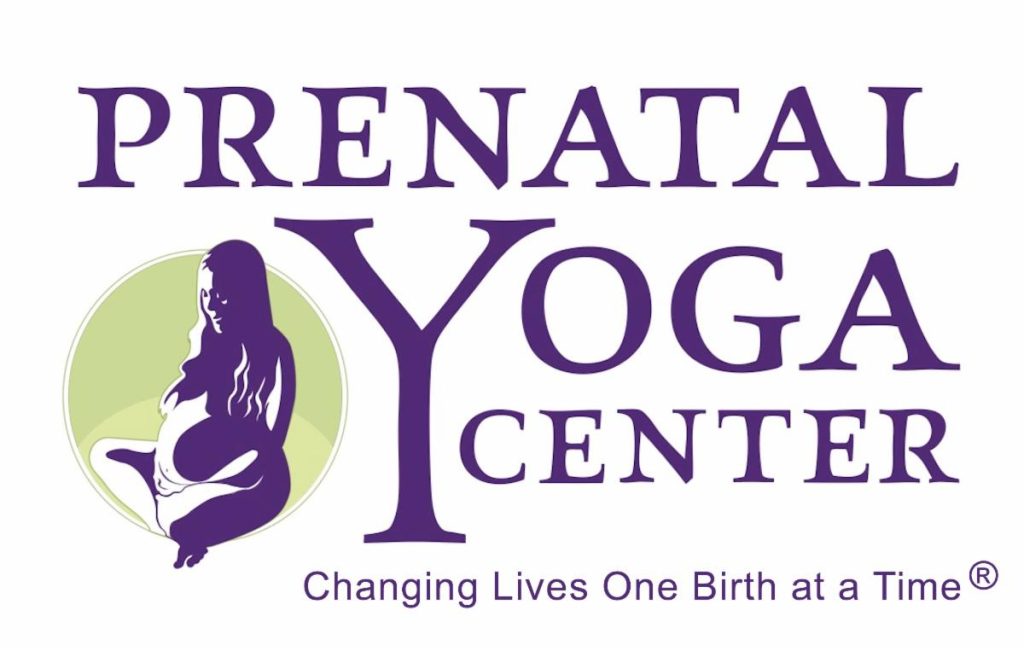Recently I stumbled across an interesting article from The Journal of Perinatal Education titled “New Study Finds First-time Mothers Could Benefit from Postpartum Preparation” The article explains, first-time mothers want more information about how a newborn will impact their lives. Thirty-five percent did not feel prepared for the physical experience following birth and 20% did not feel prepared for the emotional experience. With that in mind, I put together some ideas of ways to prepare for the transition into motherhood.
Ask for help!
Asking for help is one of the best ways of taking care of yourself. This could be from a postpartum doula, schedule of friends that will come by and help, parents or in-laws.
Be clear with your requests. If people are there, they want to help. Do you need more water, light housekeeping, someone to watch the baby so you can step out of the house just to walk around the block?
Set boundaries
Discuss with your partner about handling traffic control of visitors and unwanted (yet often well meaning) advice.
Talk with your partner about life with baby
Have an open, honest discussion with your partner about what life will look like with baby.
Some topics to think about are:
-Looking for postpartum depression
-Understanding that both parents will be sleep deprived and that can lead to edginess and irritability. -Ask partner to be understanding of the huge hormonal shift occurring postpartum
-Your sex life will be different postpartum. Talk about what the expectations are and how you can support one another in this different phase of your physical relationship
-Talk about what your fears are surrounding the arrival of your new baby.
Pack your freezer!
Tell your friends not to bring flowers, but to bring food! A well stocked freezer of healthy, easy to heat up nourishment is going to be far more appreciated in the moment then a bouquet of slowly wilting flowers that you do not have the energy or desire to throw out.
Take some time to either cook some of your favorite freezer-friendly meals or stock up on some from your local grocer. Some areas also have meal services that cater to the nutritional needs of the new mother. In the NYC area, you can check out Mothers and Menus
Create a “nursing corner”
Most likely there will be one or two spots in your home that are designated as your nursing station. Get this area ready with your Boppy pillow or My Breast Friend, a place for water, books, a spot for your cell phone, and what ever else you may think you need. The first several weeks after your baby arrives, you will be nursing your baby about every two hours, so there will be a lot of time stationed in one spot.
Wash some baby clothes
Once you arrive home from the hospital or birthing center, or stumble back to your bedroom after a home birth, it will be nice to know that your new arrival already has some fresh clean clothes awaiting. The last thing you want to do is a load of laundry!
Relaxing
The baby’s room (or corner) does not have to be complete and not everything off your registry has to be purchased before the arrival of your little one. Spend some of your last days of pregnancy relaxing. Relaxing before the onset of labor will actually benefit you during your labor and delivery and can make the transition into postpartum easier.
Nursing Preparations
If you are choosing to breastfeed, have some nursing bras and all that goes with it- breast pads, creams for sore or cracked nipples and a breast pump ready. There are several stores in the NYC area that can assist with getting started. On the UES, I recommend Yummy Mummy. (I have already visited there and picked up a few nursing bras. You don’t have to make an appointment and the owner, Amanda, is super helpful! On the UWS, there is The Upper Breast Side, also a very helpful, resource center for new mothers.
If you are going to bottle feed, you will want to get a few different types of bottles since you don’t know which one your baby will like the best. Also- some babies have food allergies, so you may also want to have a few different types of formula on hand.
Be prepared for some physical discomforts after baby comes
It is not uncommon to have either tearing at the perineum or hemorrhoids after delivery. There are a few products to have on hand that could help ease the discomfort. Get some of the overnight maxi pads, put some witch hazel on them, and then stick them in the freezer. These home-made “ice packs” will help promote healing of the pelvic floor and also feel very soothing. You can also use a sitz bath for hemorrhoids and peri bottle while urinating to help with dilute the urine which can cause some stinging.
Taking an Infant CPR class
My husband and I took this class last weekend and while I hope I never have to use these skills, I do feel more prepared with Infant and Toddler CPR and choking skills. The class at PYC also covered SIDs prevention.
Contact list
Have all the numbers you need for contacts on hand. While many of us have these numbers stored in our cell phone, have a master list clearly posted or kept in your apartment so that anyone could find them, and so you have easy access to them.
This list should include:
-your pediatrician
-lactation consultant
-poison control
-cell numbers for both parents
-cell numbers for close friends
-food delivery places
-(this one may sound odd) if you have a pet- have your vet’s number on hand in case someone else has to help the family pet.
Support Groups
Find out ahead of time if there are local support groups in your area such as New Mother’s support groups or breastfeeding support groups. At Prenatal Yoga Center, we offer both. The La Leche League is also a very popular and supportive breastfeeding resource available in many places.
I hope that these suggestions can help ease you into motherhood! For those seasoned moms out there, if I am missing anything you think was helpful for you, please leave a comment and let the community benefit from your experience! 🙂






